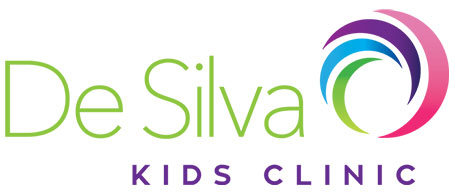Bilingualism and Language
Often times, parents have questions regarding bilingualism and its effects on language acquisition or language delay.
There are many benefits of being Bilingual:
- Bilingualism improves memory, concentration and numeracy skills.
- It builds the child’s identity and will help in maintaining strong relationships with family, friends, culture and community.
- As Bilingual children learn to switch languages, they develop flexible thinking as well as creative and problem solving skills.
- Being Bilingual, increases the chances of obtaining jobs as they are able to participate in the global community and have access to a wider range of resources.
FAQ:
Will Bilingualism cause a language delay?
No. Bilingualism does not cause a language delay. The research has shown that children who are bilingual can have a smaller than average vocabulary in both languages however his total vocabulary from both languages may be the same size as a monolingual child. Children should be producing their first words between 8-15 months so if your bilingual child is demonstrating significant delays in acquiring his/her language milestones then he could have a language disorder. In this case, seek advice from a Speech Pathologist who can confirm whether or not it is a language disorder.
My child is mixing both languages. Does that mean they are confused?
When children or adults mix two or more languages it is called code-switching. Code-switching is normal and is a natural occurrence when bilingual speakers engage in conversation or when learning a second language.
Should I stop speaking in my native language at home?
No. Currently there is no evidence to suggest that increasing the use of English or the desired language at home is essential to improving the child’s acquisition of that language. Speaking a language that is not your native language at home can cause the interactions with your child to be unnatural and uncomfortable. It is better to speak in a language that you are fluent and comfortable with than in a language that you are not proficient in as this will provide your child with a less than ideal model and this can consequently cause your child to speak in sentences that are grammatically incorrect or consist of the incorrect word order.
How can I support my bilingual child?
- Speak the language that you are fluent in at home.
- Provide as many opportunities as you can for your child to hear, speak, play and interact using your home language.
- If you feel your child’s language is delayed, seek advice from a Speech Pathologist.
Written by Senali Alahakone – Speech Pathologist at De Silva Kids Clinic





